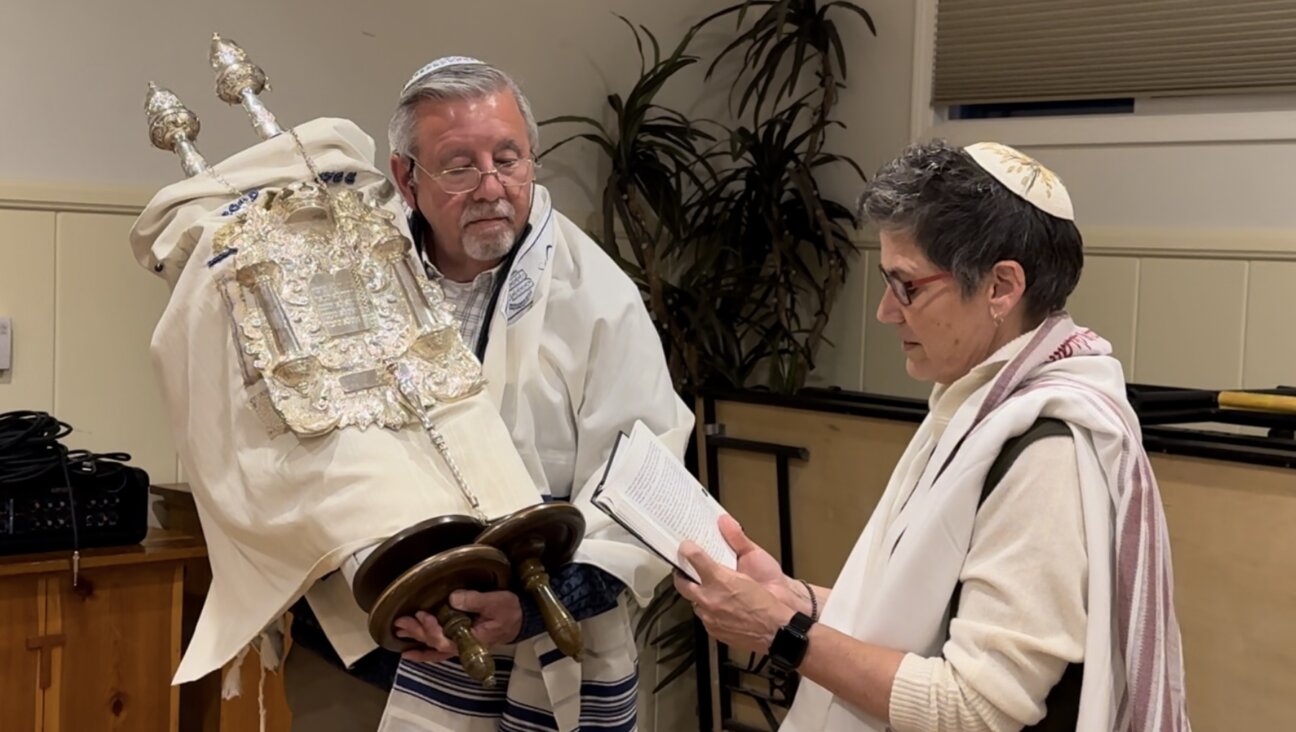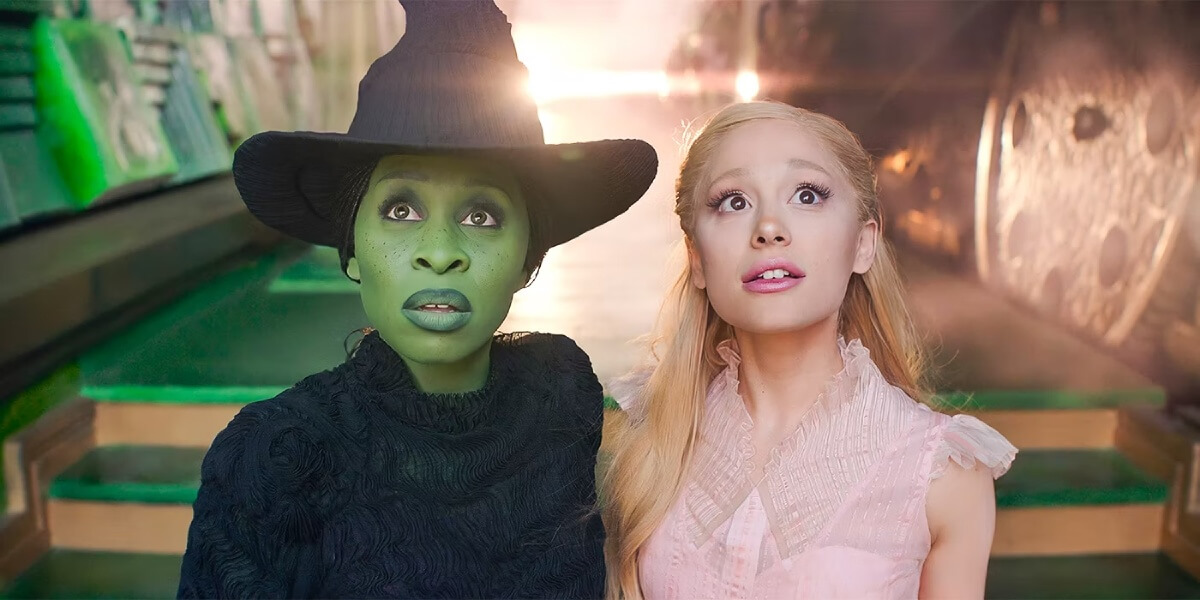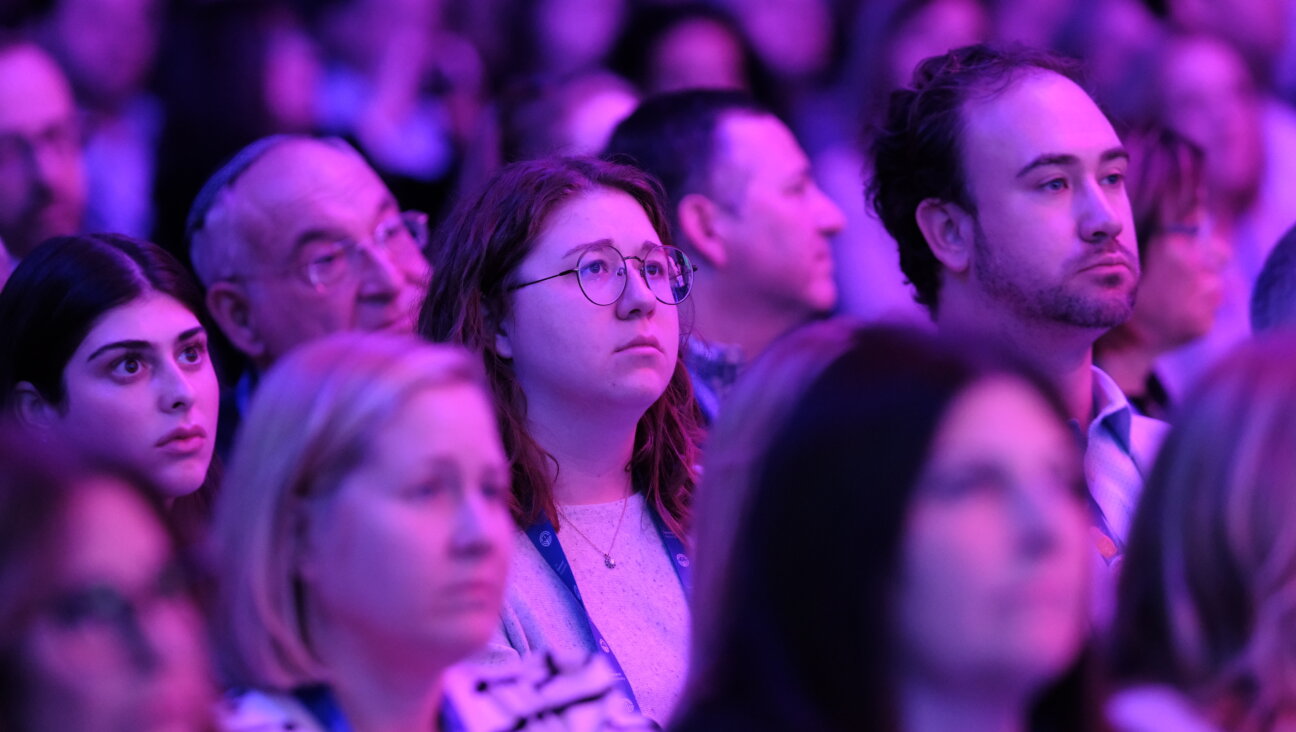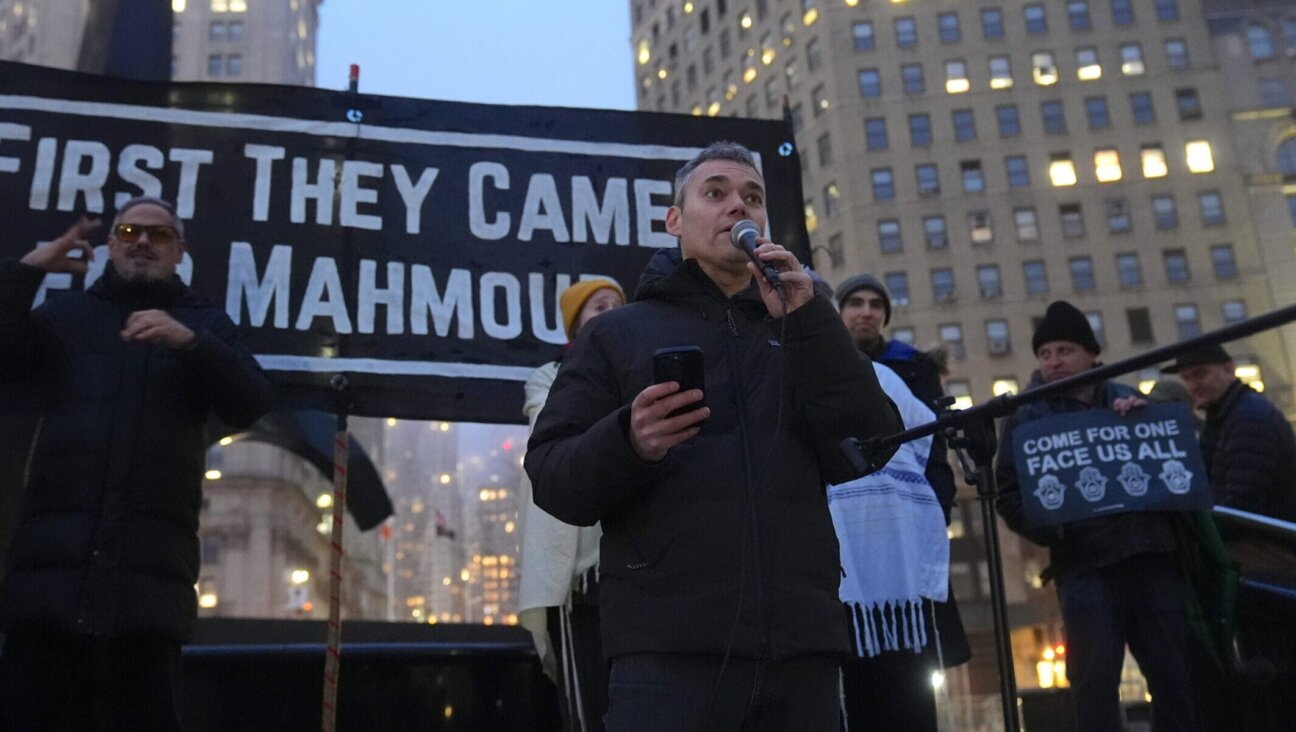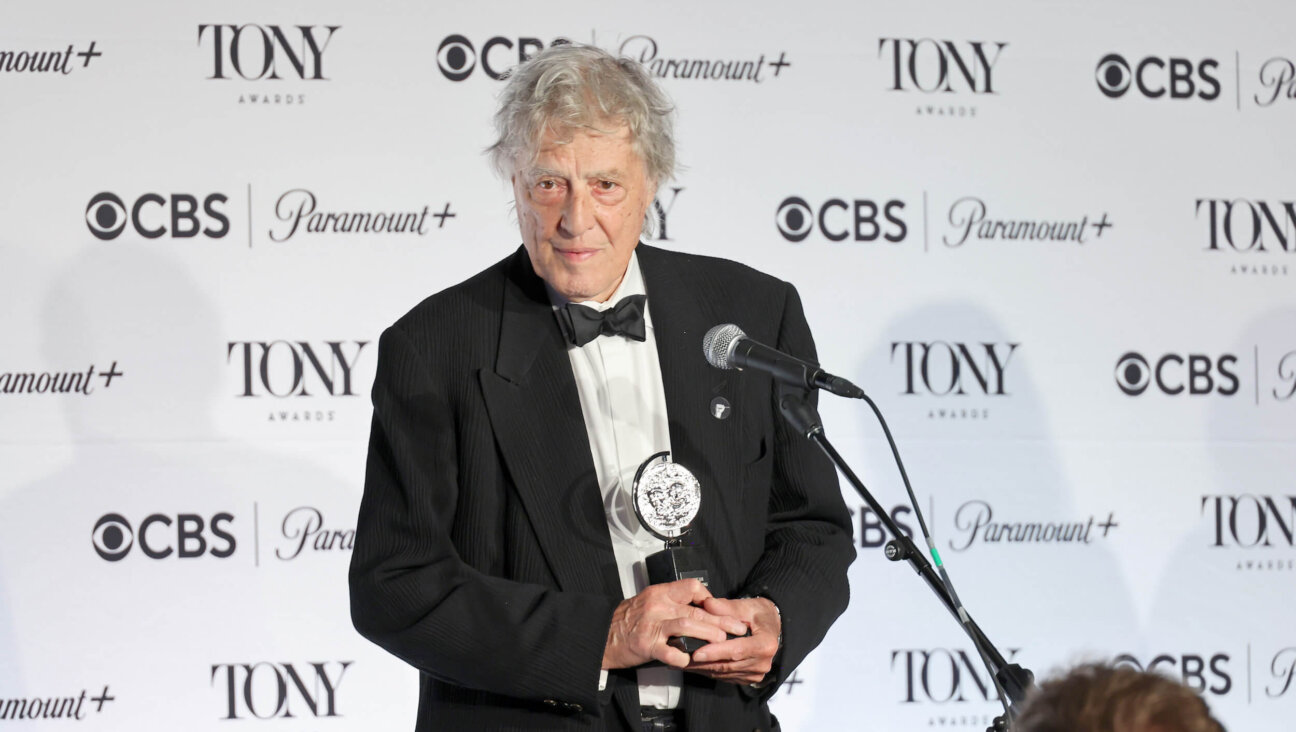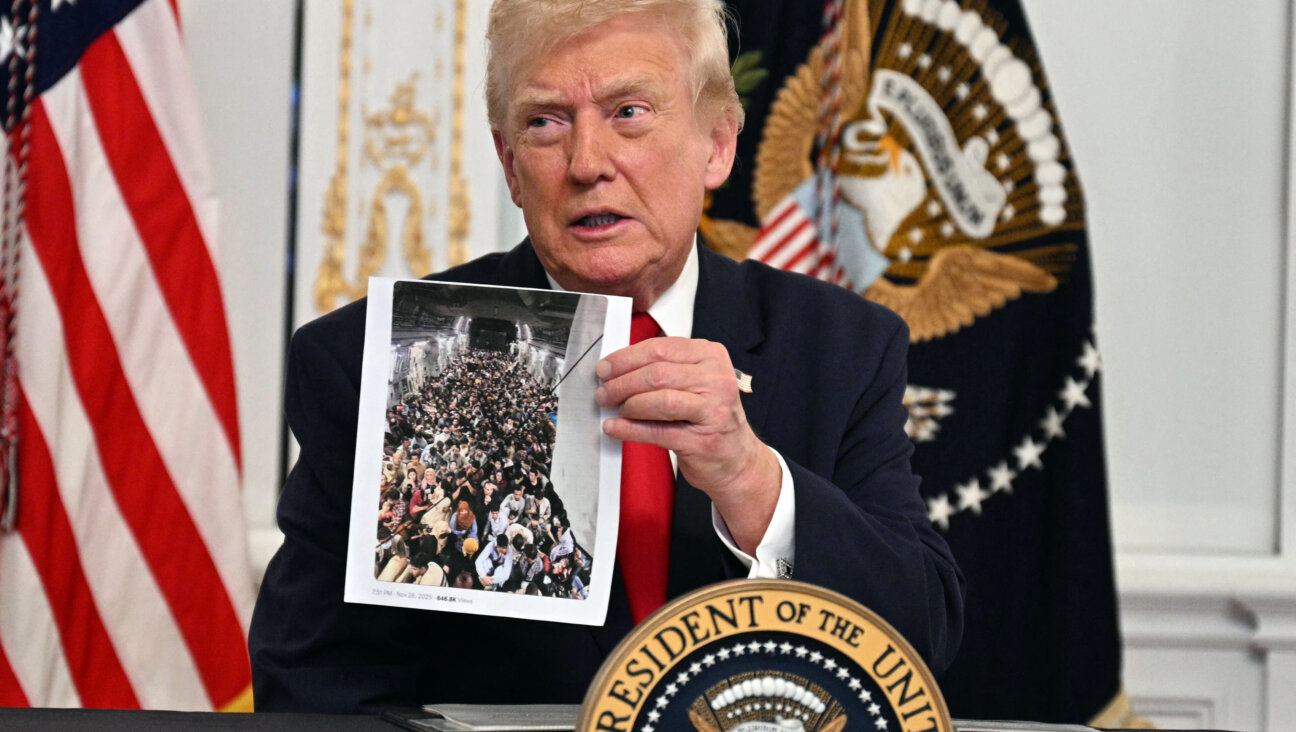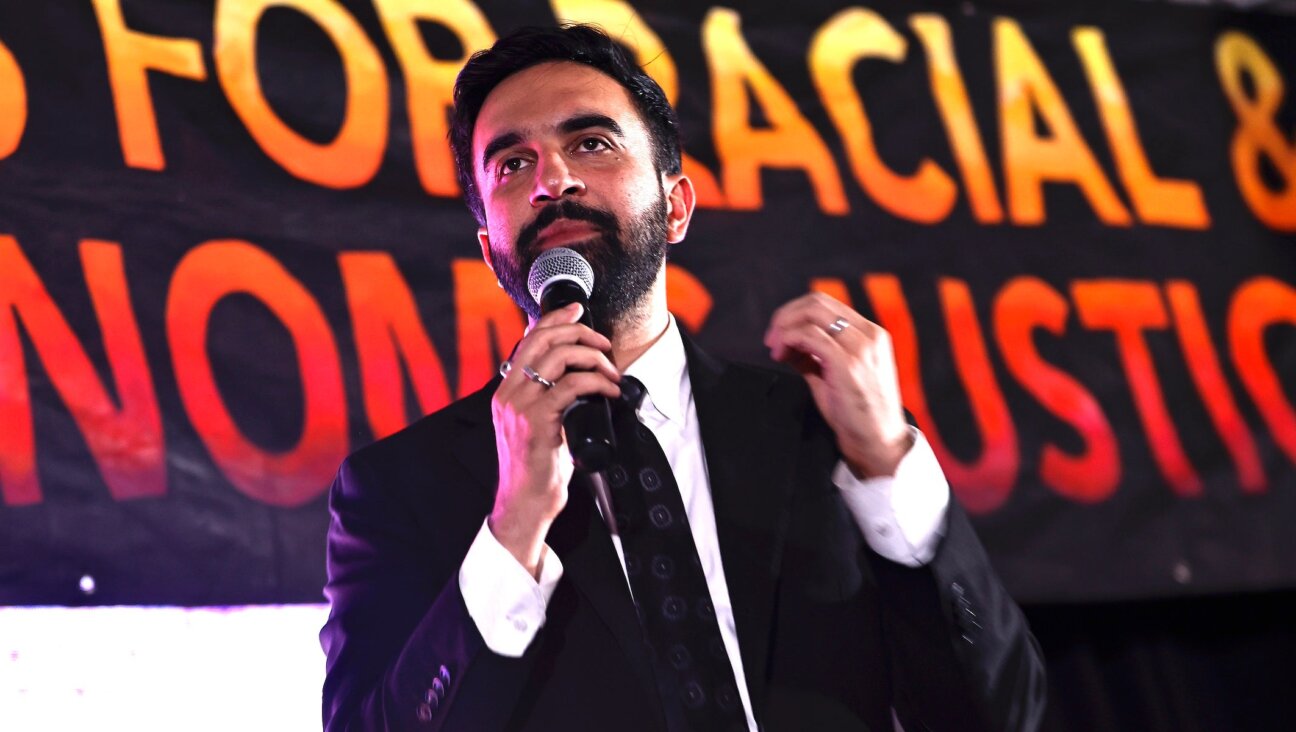Cultural Awards Serve Up Feast for the Soul
The National Foundation for Jewish Culture’s June 2 Jewish Cultural Achievement awards dinner at the Plaza — co-chaired by Morris Offit and hosted by actor Ron Leibman — was a feast for the soul.
Among the roster of participants delighting the 350 guests who helped raise $500,000 for the foundation was National Public Radio host Scott Simon. A self-described “goy with a Jewish last name,” Simon presented the media arts award to David Isay, the film documentarian whose latest opus is the “Yiddish Radio Project.”
Harvey Weinstein, co-chairman of Miramax Films and presenter of the patron of the arts award to Lynn Korda Kroll, a past chairwoman of the foundation, recalled how the film “Exodus” had “transformed his life.”
“It was the first time,” he said, “I saw a Jewish hero… a Jew with a gun… willing to kick ass…. This led me to my next project, [Leon Uris’s] ‘Mila 18,’ the prequel to ‘Exodus.’”
“Artists,” said Kroll, “challenge us to see the world differently, to experience it in uncomfortable ways…. Art is the best way for our people to find itself.”
Lauding Leonard Nimoy’s devotion to Yiddish, Symphony Space artistic director Isaiah Sheffer dubbed the performing arts award he presented to the multitalented actor — aka the well-loved Vulcan Spock — as der emeser mentsch award. “My parents came from Russia [as] immigrant aliens,” Nimoy said. “I was born in Boston and became an alien.”
Nimoy, whose photographic book “Shekhina” created controversy recently, recalled starring in “founder of the Yiddish art theater Maurice Schwartz’s California production of ‘Shver Tzu Zayn a Yid’ (‘Hard to be a Jew’).… When I spoke to him in Yiddish, Schwartz, who was trying to develop an English audience, would say, ‘Speak English!’”
Describing a transcendent childhood synagogue experience, Nimoy (full disclosure: a distant cousin) said: “I secretly peeked… and saw the kohanim blessing the congregation… with a split-finger gesture in the shape of the letter shin, the first letter of Shaddai, a name for the Almighty…. In a moment of subversive creativity, I later snuck it into ‘Star Trek,’ and it’s become part of the culture.”
* * *|
At the June 3 American Friends of Soroka Medical Center of the Negev dinner at the Jewish Museum, American Friends chairman Stephen Flatow touted the 1,000-bed center — which serves 20% of Israel’s population — where “Arabs see Jewish doctors and Jews see Arab doctors,” he said.
American Friends executive director Mona Abramson greeted the guests and honorees: Dr. Deborah Axelrod, chief of the Comprehensive Breast Center at New York’s St. Vincent’s Medical Center, and Brett Goldberg, president of AHAVA USA, which exports Israeli products produced in the Negev.
“It’s my pleasure to be a substitute [for Ambassador Daniel Ayalon],” said keynote speaker Mark Regev, the Australia-born press counselor at Israel’s Embassy in Washington. Regev was optimistic about the Palestinian prime minister, Mahmoud Abbas (aka Abu Mazen).
“He is a breath of fresh air,” Regev said. “He says the same things in Arabic to his own people as to The New York Times…. [But] he is not a Zionist; Mrs. Mazen is not a member of Hadassah… [and] he is a founding member of the PLO and Fatah.”
* * *|
“Tonight proves that Jews and Koreans can make beautiful music together,” Juju Chang, a correspondent on ABC’s “20/20,” said following a sublime concert by Korean and Israeli artists at the June 3 inaugural Korean-American, Jewish-American Forum at the Guggenheim Museum’s Peter Lewis Theater. KAJA — which in Korean means “Let’s go!” — is sponsored by the American-Jewish Committee and a consortium of Korean-American leaders.
Noting that Israel has had relations with South Korea since 1962, Israel’s Consul General Alon Pinkas focused on characteristics shared by these “two ancient civilizations, two proud communities.” “Thank you, Alon Pinkas,” said Wonil Cho, Korea’s consul general.
“The Korean-American community would like to learn precious lessons… the valuable experiences of our Jewish neighbors.”
* * *|
“What the Dutch did during World War II is not something we are proud of,” Netherlands Consul General Bob Hiensch said at the June 11 reception “in tribute to his friendship with the Jewish Community and Israel.” The reception, sponsored by Jewish Community Relations Council and UJA-Federation of New York, was hosted by UJA board member Cheryl Fishbein at her East Side of Manhattan home.
“Our good relations stem from after World War II,” said Hiensch, the Netherlands’ newly appointed ambassador to Israel. Of late he has been studying Torah with Harriet Mandel, JCRC’s director of Israel and international affairs. JCRC president Ezra Levin offered a thumbnail overview of the 300-year-long historic Dutch-Jewish connection. He then praised Hiensch, who proudly admitted to being “the first Dutch ambassador to the State of Israel who is younger than the State of Israel — by 3 days.”
* * *|
George Segal, an honoree at the May 28 Tsivos Hashem Joseph Papp Children’s Humanitarian Fund gala delighted the crowd at the New York Hilton with his recollection of a “long ago” audition for Papp’s production of “Antony and Cleopatra.” “George C. Scott played Antony and I was Eros, his sword bearer,” said Segal. “Like many great Shakespearean actors, George spits!… I plunge an [imaginary] sword into me… I am dead…. For three nights Scott is spitting in my face… Papp was annoyed. ‘You’re dead, and you’re bouncing around.’ I say, ‘Joe, he’s spitting on my face!’ Joe says to me, ‘Hey, you’re an actor. Act!’ I ask, ‘Act like what?’ So Joe says to me, ‘Act like he’s not spitting on you!’” The fund supports needy children in the former Soviet Union.





